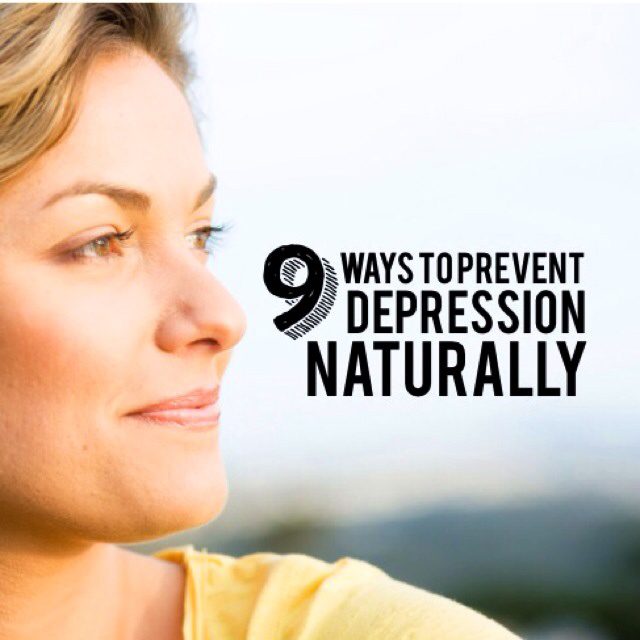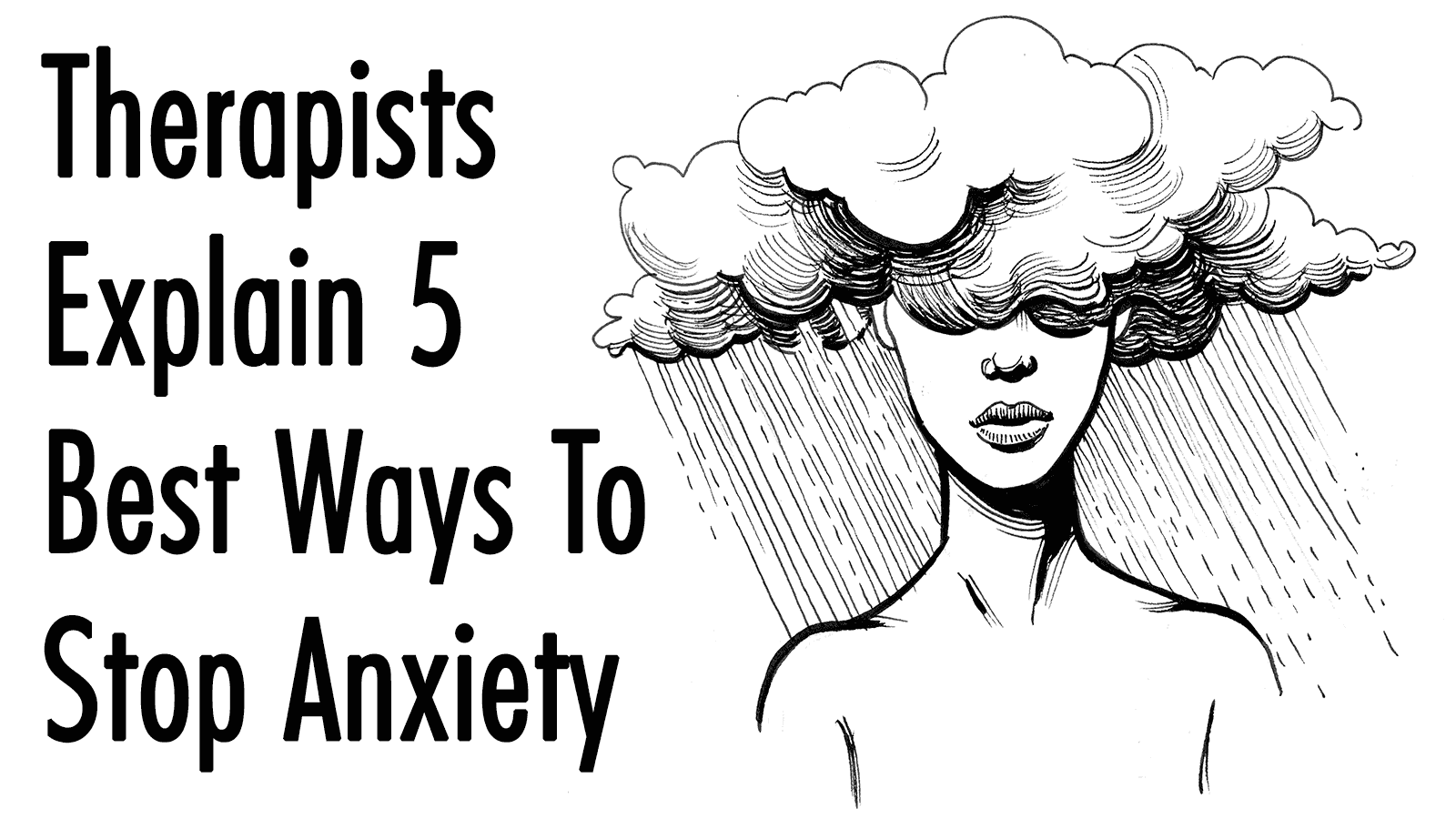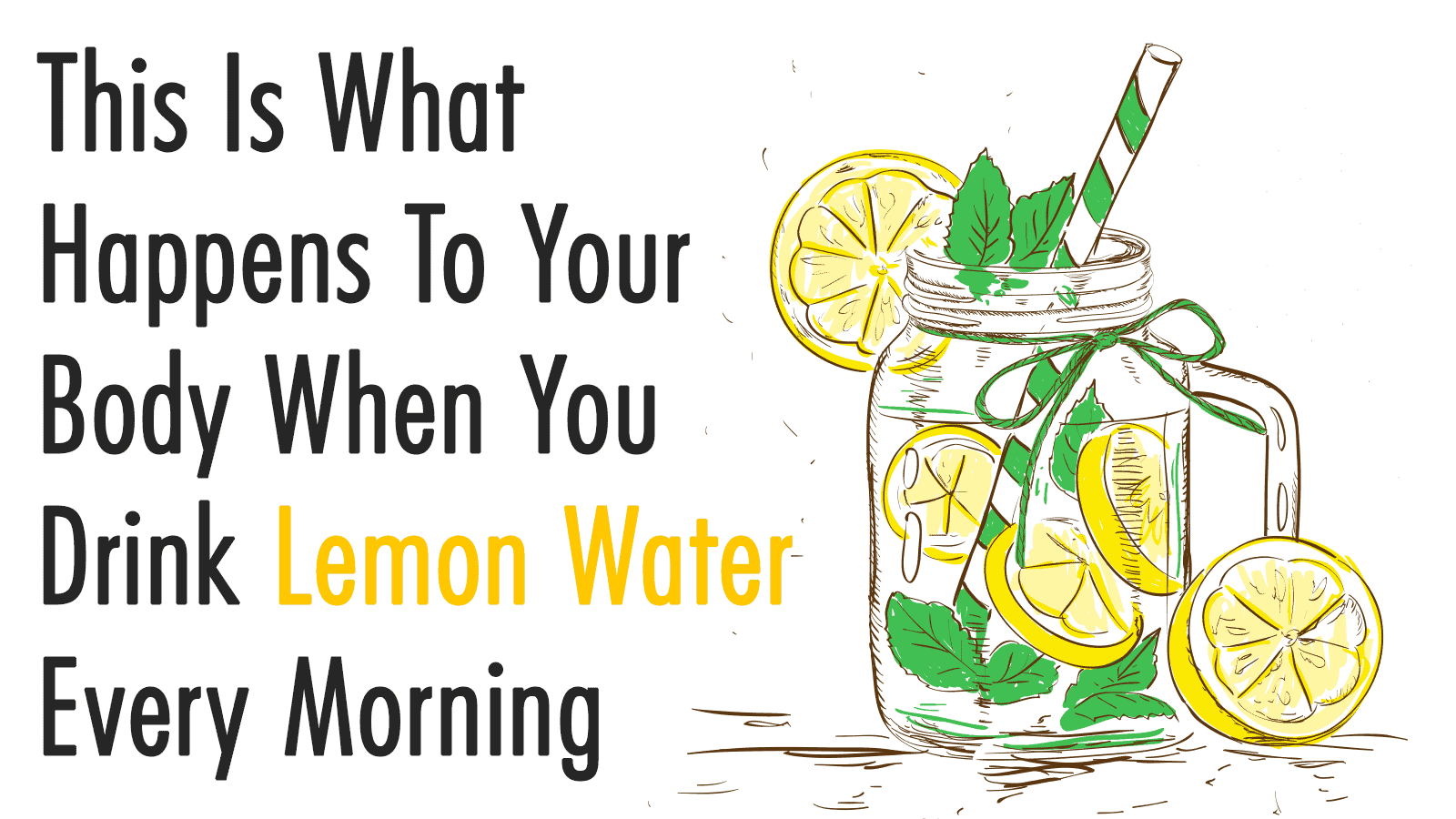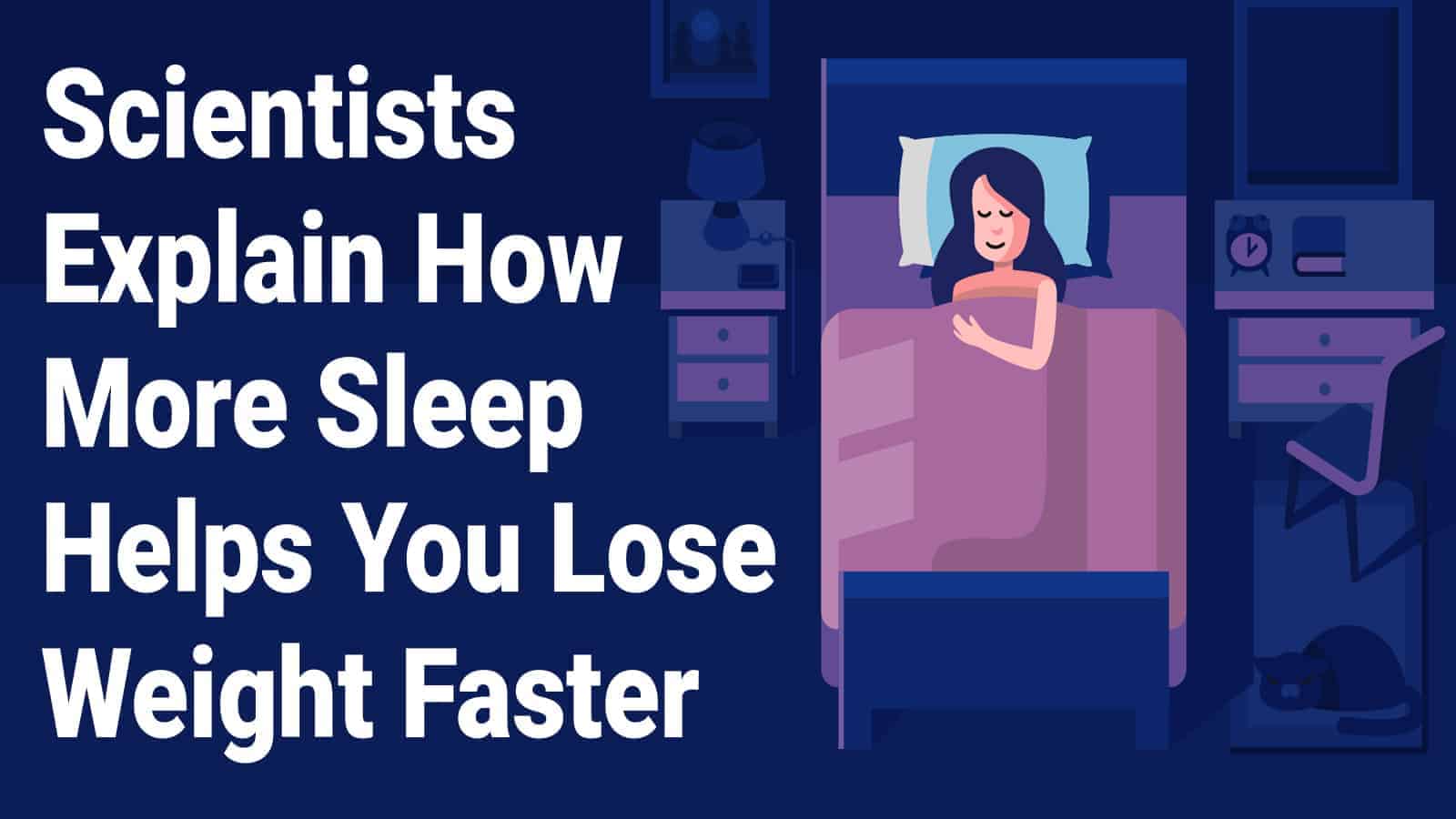Colon cancer, also known as colorectal cancer, is cancer that occurs in the colon or the rectum and spreads throughout the digestive system and onward.
According to the American Cancer Society’s 2023 data, a surprising 288,300 adults will develop colon cancer. It’s the third most commonly diagnosed form of cancer in the US and the cause behind the second most deadly cancer in the nation.
If you’re concerned about this cancer or your family has a history of it, it’s a good idea to be aware of the signs and symptoms that point to the development of this disease. But there are some lesser-known symptoms you may be experiencing that you weren’t aware could point to the condition.
Some signs make themselves very obviously known, but some signs are quiet and do not appear as obvious. These are the types of symptoms that you need to be aware of.
Here Are 6 Silent Symptoms Of Colon Cancer To Never Ignore
1. Weight Loss and Colon Cancer
It’s easy to overlook weight loss and consider it a good thing. As a society, we glorify thinness, which means many people don’t consider weight loss a bad enough change to see a doctor, instead viewing it as a blessing.
But this supposedly positive change is actually a prevalent symptom of colon cancer, as well as many other kinds of cancers. Weight loss is a fairly reliable science, so if you’re losing weight without changing your diet or adding to physical activity, you are experiencing unexplained weight loss.
In almost all cases, unexplained weight loss is dangerous and typically points to something wrong within the body. If you’re losing, for example, 10 pounds and above within the span of half a year while maintaining the same habits as you did before the weight loss began, it’s a cause for concern.
- Cancer, including colon cancer, uses up a lot of the energy within the body.
- This means that the immune system and the cancer cells are burning fuel quickly as the former tries to fight the cancer and the latter tries to grow more.
- In addition, some cancer cells release certain chemicals that alter the body’s food processing manner.
Large colon tumors can also block the colon, changing your bowel habits. This is another reason for weight loss. The fact that many tumors cause appetite loss and increase the metabolism is even more reason to be nervous if you’re losing too much weight at once.
2. Abdominal Pain or Bloating
Many people experience some degree of abdominal cramping now and then. Mostly, this type of pain doesn’t usually point to something serious. But if it happens alongside other symptoms or is especially bad when you go to the bathroom, it may be worth a check-up.
In addition, abdominal cramping that is so severe and painful it impairs daily function is worthy of a trip to the doctor’s. Cramps also should not last for very long periods, and if your issues last for over a week, you may want to get the problem checked.
Bloating is also a common symptom of colon cancer, but so easily overlooked due to how common bloating is. Again, usually, bloating doesn’t mean it’s game over. But long-lasting bloat is not healthy and should be examined.
You may also find that this bloating or the cramps are accompanied by more gas. This gassiness may last for multiple weeks on end. You may laugh at the higher levels of flatulence, but this doesn’t happen for no reason – a colon tumor may be backing up your bowels.
3. Anemia and Colon Cancer
Anemia refers to a condition whereby the blood does not have sufficient hemoglobin. For many people, it’s a condition that is often overlooked, especially in menstruating women.
But anemia suggests bleeding is occurring somewhere in the body. If it’s not visible externally, chances are some form of internal bleeding is going on within the body. Colon cancer typically involves tumor bleeding, which can, in turn, cause iron deficiency and anemia.
You may think if you’re anemic due to colon cancer, surely you’d notice some stool-related issues. But anemia can actually begin to show up even a full six months before you notice troubles in the bathroom.
You may not test as anemic when you have colon cancer, but you may still show signs of anemia, including:
- Paleness
- Exhaustion
- Lightheadedness or dizziness
All of these signs can also point to colon cancer. With cancer, tumors tend to grow fast – faster than your blood can keep up with. This leads to ulcers within the body that soak up blood, leaving you anemic.
4. Change in Stools
One of the easiest ways to notice signs of colon cancer is in waste material. After all, the colon plays a huge role in creating and transporting stools through the body so they can be expelled. Here are some issues to look out for.
a) Thin Stools
Medical doctor Patricia Raymond states that stools that appear very narrow is one of the silent symptoms of colon cancer to never ignore. This is especially apparent if your stools used to be wider.
This means there could be a tumor in your colon because the colon passageway is narrowing due to the mass on its walls. Speak to a doctor if your stools change shape suddenly and don’t revert back.
b) Consistency Change
You can tell a lot about your health through your bowel movements. Stools that suddenly change in consistency are a very early sign of an issue in your colon. They could become loose or watery, seem harder, or look different.
c) Odd Colors
People assume that rectal bleeding causes obvious red spots in stools. But stools can become stained or change color when exposed to blood without turning obviously bloody. They may appear dark or tarry or be an unusual hue. In this case, it is best to speak to a doctor.
d) Bloody Stools
It doesn’t take an expert to know that you need to go to the doctor if there is blood in your stool. The blood may be obvious, appear in spots, or barely visible. Dried blood will cause stools to appear a darker color.
Even if it isn’t due to colon cancer, bloody stools are usually a sign that something is wrong, so talk to a medical professional.
e) Constipation
Extremely severe constipation that completely prevents you from being able to go and causes a lot of abdominal discomfort is a sign of a serious excretory problem. Constipation does happen occasionally and is mostly harmless, but long-lasting issues using the bathroom should be discussed with a doctor.
f) Tenesmus
What, exactly, is tenesmus? It’s a feeling that you experience where you feel the urge to use the bathroom, but nothing happens when you do. This can be due to a tumor that is making you feel like you have to go, says gastroenterologist Dr. Jennifer Inra.
5. Exhaustion and Colon Cancer
Many people push aside feelings of fatigue, chalking them up to long work days or a lack of sleep. But you should take note of excessive exhaustion that seems greater than it should be, or that happens even when you’re well-rested and caring for your health.
It’s difficult to think about what is causing severe tiredness, mainly because, at that point, you’re functioning at only a percentage of your optimal level. You have little to no positive thinking. You’re struggling to perform and focus at work. Your immunity drops and you feel sick.
- But fatigue is different from sleepiness or tiredness.
- It’s a serious issue that gets in the way much more than minor, run-down feelings do.
- Fatigue is a symptom of countless diseases, so if it is getting in the way of your daily tasks even when you get as much rest as possible, it may be time to get yourself checked.
Colon cancer may also leave you feeling short of breath in some cases. This is something constantly overlooked. This is because the body may be putting additional plasma into the blood due to internal bleeding, causing oxygen flow to be slowed. That’s why you might feel like your breathing is limited.
6. Night Sweats
A lot of people sleep warm and sweat overnight. But it’s also a symptom very commonly displayed among colon cancer patients, according to medical doctor Matthew Mintz. This may be caused by abscesses or perforations in tumors, though exact links are unknown as of now.
Unlike the other signs we’ve mentioned, night sweats are systemic, not localized. This means they are often caused by immune system response and not necessarily a direct product of colon cancer, says oncologist and medical doctor Raed Al-Rajabi. As the immune system struggles to fight cancer, your body becomes inflamed and may develop a fever, and sweating is designed to cool you down.
Unfortunately, this means that night sweats are a common symptom of many different diseases. If you’re dealing with a sudden onslaught of night sweating that you’ve never had to deal with before, it doesn’t mean you’ll test positive for cancer – but it does mean a trip to your doctor is well-advised.
If night sweating is combined with the other symptoms on this list, and if it persists for a long period, you should go to a clinic or hospital to ensure it isn’t a sign of something more serious. Night sweating alone is not indicative of a severe problem but is still worth looking into.
Final Thoughts On Silent Symptoms Of Colon Cancer To Never Ignore
What happens if you notice any of these symptoms in yourself? Don’t panic! Practice positive thinking and make a visit to the doctor. Colon cancer, when caught early enough, it is treatable.
It is worth noting that different stages of colon cancer present different types of symptoms, becoming more severe as the condition progresses. As such, if you notice a few of these signs, or just one of them, but also have additional symptoms not mentioned here, you should aim to speak to a doctor.
Although being a hypochondriac about symptoms can feel like a waste of time, your health is essential. Your life is worth more than enough to be worth the hassle of a doctor’s checkup. See a doctor if you feel something is wrong with your body. Even if it is not bowel cancer, there may be another issue. And if there isn’t – better safe than sorry!
Editorial Note 08/22/2023: Updated ACS statistics to the most current data.













